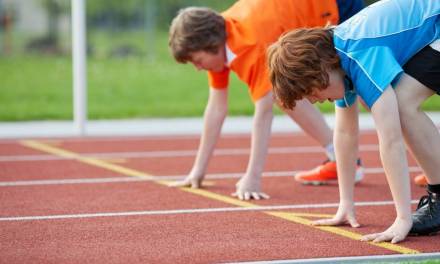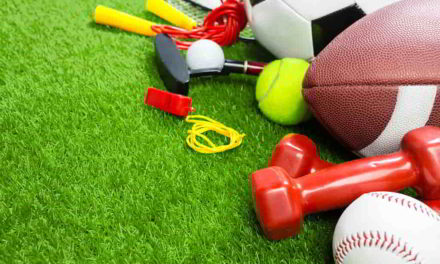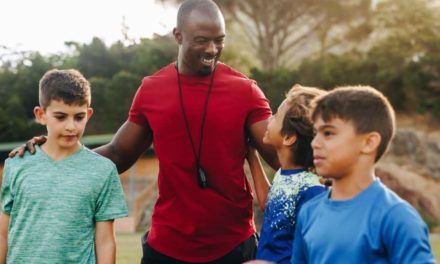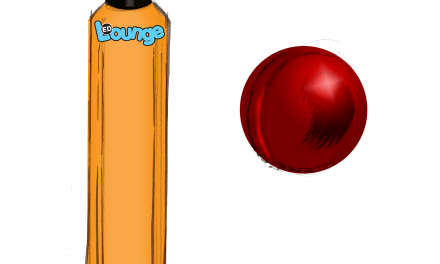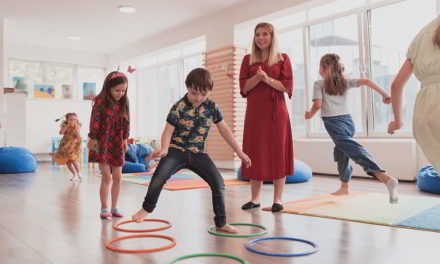Are your students preparing for a big sporting event? Whether it’s running, cycling, swimming or something else, our practical advice will help you get them ready.
If you’ve been following our Get Moving! series you’ve hopefully inspired your students to participate in more sport and maybe even sparked a real passion for for it.
Students might want to take part in big events, from half-marathons and cycling races to swimming meets and football tournaments. The right training is what will get them there and could prove the difference between winning and losing.
Build up slowly
The temptation when getting ready for a big event is to really push yourself. But overdoing it at the beginning is likely to end in injury and disappointment.
Instead start slowly by setting realistic weekly goals. Gradually build in longer and more intense training sessions.
Reward students when they achieve their goals, and treat any failures as a lesson – what can be learned from this?
Stay motivated
Anyone can get discouraged, especially if they’re training alone for an individual event. You can help by getting students to work together.
Set up a WhatsApp group so they can share stories about their training and encourage each other to keep going. You could even introduce a bit of friendly competition by awarding prizes to the most active athletes.
Nutrition
Food is the body’s fuel. Athletes need to ensure they are eating the right things in the right amounts to keep themselves going. This means plenty of protein and carbohydrates.
The latter should be the complex kind – wholewheat rice, pasta and bread and sweet potatoes. Plant-based proteins are low fat and high energy – try beans, pulses, lentils and tofu.
It’s also important to stay hydrated. If students are training regularly they should aim to drink 1.5 litres of water per day.
Mental preparation
Being ready psychologically for a sporting event is as important as being physically fit. Students need to believe that they can succeed.
Not dwelling on failures while rewarding successes will help, but a really powerful tool is visualisation. Ask students to imagine their ideal outcome, such as winning their event. Then write about it for 15 minutes.
They should be as detailed and descriptive as they can – include how they feel, what they do, what they see, other competitors, spectators, anything to make the visualisation more realistic. Students should keep the writing somewhere it can be easily accessed and read it regularly.
The final build-up
Reduce the intensity of training in the two weeks leading up to the event to ensure full effectiveness.
Students can use the extra time to prepare: ensure they have everything they need, inspect all their equipment and replace anything that looks worn out, test any new kit to make sure it’s comfortable.
On the day of the sporting event
Getting a good night’s sleep the night before is imperative. Students – especially younger ones – may find this hard, as they will no doubt be excited by their big day ahead, so maybe share some relaxation techniques. Deep, rhythmic breathing or a mindfulness meditation before going to bed should do the trick.
Eat a plentiful breakfast – lots of carbohydrates for their slow-release energy. Porridge is a good option and fruit and soya yogurt can be added.
Some warm-up stretches prior to the event are essential to help prevent injury. It’s also important to refuel after the event – go for protein to help rebuild worn out muscles.
But mostly just enjoy! Students have done their training and now it’s time to reap the benefits.
Rebecca has been a writer and editor for almost 20 years. She writes on a huge range of subjects, concentrating on sport, nature, mental health, and crafts.

